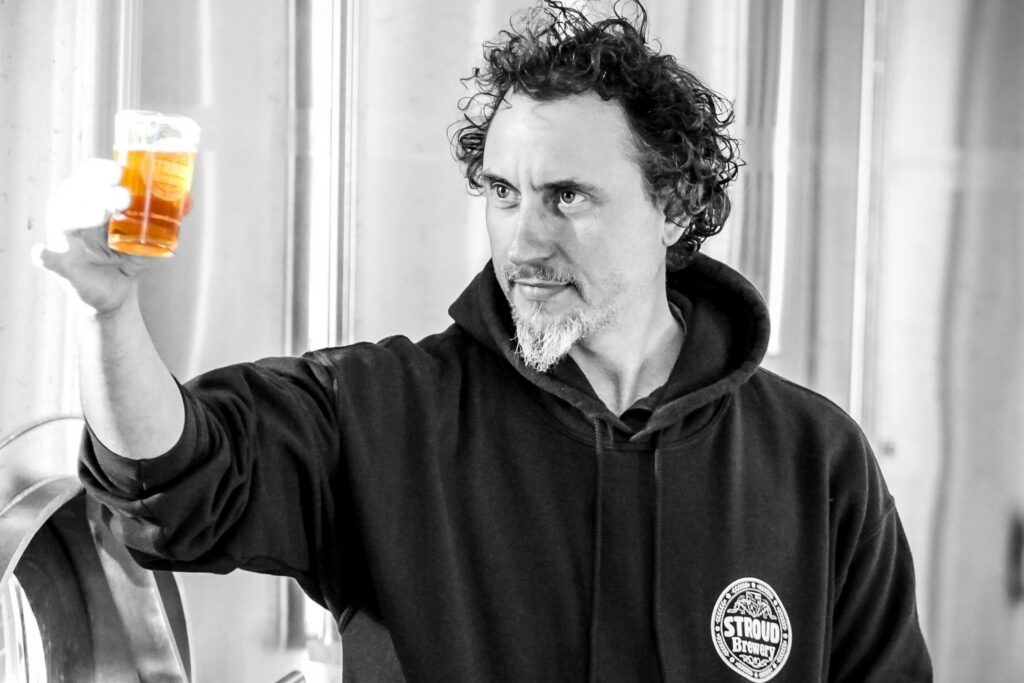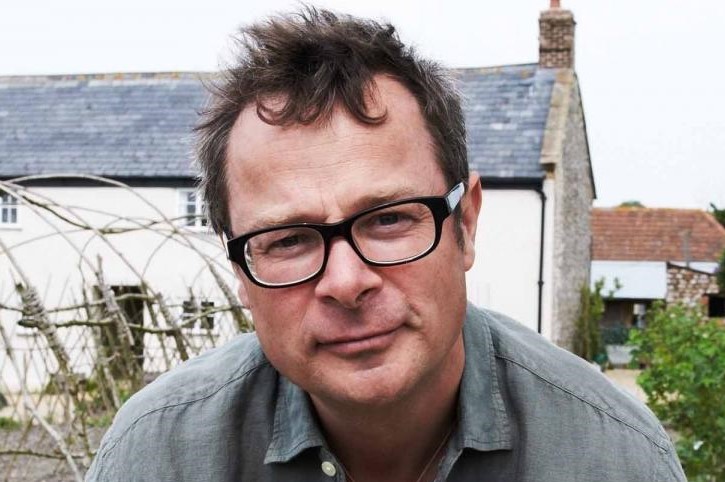FARMERS AND BREWERS JOIN FORCES TO FIND HOPS FOR SUSTAINABLY-PRODUCED BEER
UK farmers and brewers are teaming up with researchers to begin a three-year trial to identify disease-resistant hop varieties to cater to the rising demand for low environmental impact beer.
Interest in environmentally-friendly beer and the move towards locally-sourced ingredients and away from processed foods has been growing, but it accelerated during the pandemic according to brewers and hop merchants. However, the UK has only three growers of organic hops, creating a supply bottleneck and a reliance on imports.
According to Innovative Farmers – a not-for-profit membership network of farmers and growers who run on-farm trials – hops are notoriously vulnerable to disease and pests thanks to the UK’s temperate climate. “This leaving conventional growers heavily reliant on a dwindling number of agro-chemicals, and organic growers facing two-in-five crop failures,” says the organisation.
A supply chain approach
To tackle the issue, an Innovative Farmers programme is bringing hop growers together with the Organic Research Centre to design practical on-farm research.

“The challenge of growing UK-grown organic hops is the largest barrier to increasing production of UK organic beer,” said Greg Pilley, field lab coordinator and founder of Stroud Brewery, one of five dedicated organic breweries in the country.
“By collaborating as a supply chain, we’re aiming to identify varieties that farmers can grow more confidently. There is also a huge variety of flavours to tap into, which could help British brewers create more distinctive products.”
The research involves two growers; hops expert Charles Faram; Stroud Brewery; and pioneer in the sustainable eating movement River Cottage, run by writer and broadcaster Hugh Fearnley-Whittingstall. But the project could benefit conventional growers too.
Helen Aldis, programme manager at Innovative Farmers, and head of business development at the Soil Association, said: “If new disease-resistant hop varieties are found, then more growers will be encouraged to grow them both in organic and conventional systems, with the latter being able to confidently reduce their reliance on agro-chemicals.”

One of the farmers involved in the project by trialling three hedgerow varieties is fourth-generation hop grower John Walker. He said: “Organic hops aren’t very reliable and although we get a decent premium, you get a lower yield. Pests and disease are a real problem, the main ones being damson hop aphids, downy and powdery mildew, Verticillium Wilt and two-spotted spider mite.
“The varieties I’m trialling are resistant to aphids and we hope Verticillium Wilt. I’m hoping to have an ongoing programme of trials as we need to find more than one variety. Brewing trials will be done as we go along to make sure the beers have a desirable flavour.”
Lost crop diversity
A lack of genetic diversity is one reason for disease and pest vulnerability in hops. This is partly the result of the consolidation of the brewing industry and consequently the varieties available. “In its heyday in 1865, there were 77,000 acres of UK hops being grown. Now it’s less than 2,000, and we’re down to about 50 growers and 25 varieties. The lack of diversity is also limiting flavours for brewers,” said Will Rogers, group technical director at Charles Faram. The company sells about 70% of the UK’s hop crop.

To tap into the growing UK market, Stroud Brewery plans to use the hop varieties identified by the field trial in three organic beers made in collaboration River Cottage. Fearnley-Whittingstall will launch the beers with Stroud Brewery this summer. “He said: “These new beers will give drinkers the chance to choose organic. We expect to see more interest in sustainably-produced beers that support UK farming.”
Charles Faram said that despite receiving more enquiries about organic hops, particularly from craft brewers, most organic hops are currently imported from Belgium, Germany, and New Zealand. “We see an opportunity for organic hops in the UK but also for export,” Rogers said. “There are some markets – France in particular – where organic provenance is booming.”
Join us at SIAL Paris as exhibitor Join us at SIAL Paris as visitor
